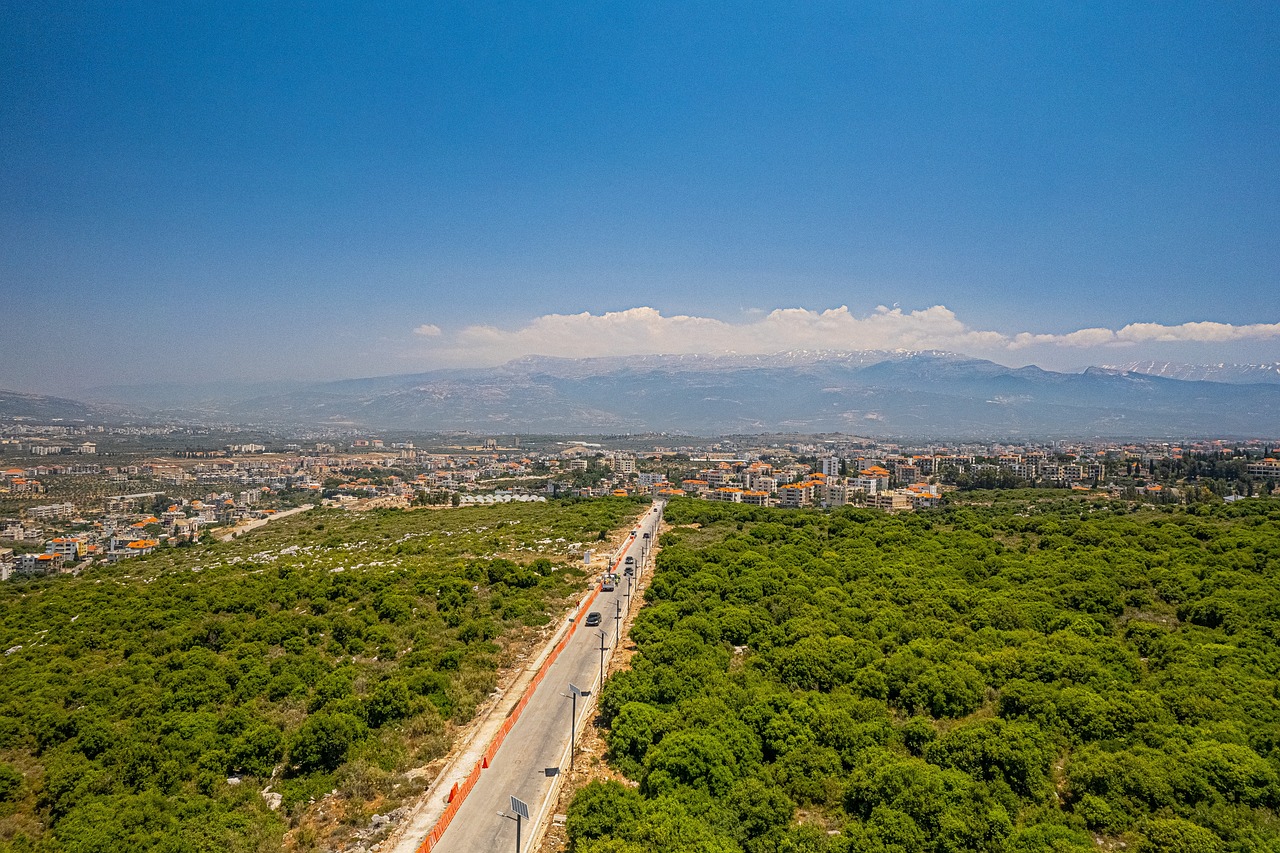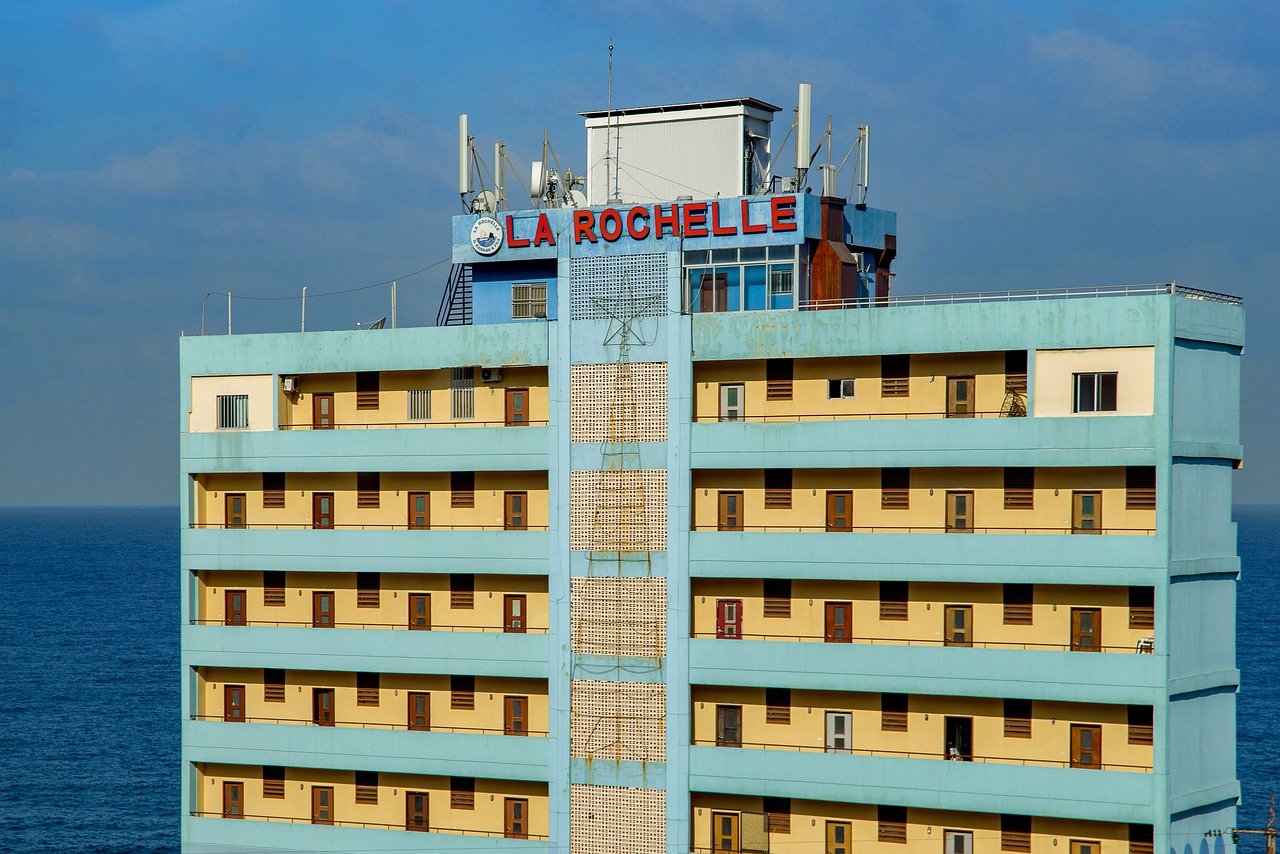Cultural Sensitivities: Understanding Local Norms in Lebanon
Lebanon, a country located in the Middle East, is known for its rich history, diverse culture, and stunning landscapes. To truly appreciate and immerse yourself in the local experience, it is essential to understand and respect the cultural sensitivities and norms that prevail in Lebanon. This article aims to provide a comprehensive guide to help visitors navigate through the cultural nuances and ensure a respectful and enjoyable stay.
Section 1: Greetings and Etiquette
When interacting with locals in Lebanon, it is important to understand the cultural norms surrounding greetings and etiquette. The Lebanese people are known for their warm hospitality and friendly nature. Here are some key points to keep in mind:
- Greeting with a handshake: When meeting someone for the first time, it is customary to greet them with a firm handshake. This applies to both men and women.
- Use of titles: Addressing someone with their appropriate title, such as “Mr.” or “Mrs.,” is considered respectful. However, once a relationship is established, it is common to switch to using first names.
- Eye contact: Maintaining eye contact during conversations is seen as a sign of respect and attentiveness.
- Avoid public displays of affection: Public displays of affection, such as hugging or kissing, are generally not common in Lebanese culture. It is advisable to show restraint in expressing physical affection in public.
- Gift giving: If invited to someone’s home, it is customary to bring a small gift, such as flowers or sweets, as a token of appreciation.
Section 2: Dress Code
Lebanon is a country with diverse religious and cultural backgrounds, which is reflected in the dress code. While there is no strict dress code, it is important to dress modestly and respectfully, especially when visiting religious sites or more conservative areas. Here are some guidelines to follow:
- Modest clothing: It is recommended to dress modestly, covering the shoulders, chest, and knees. This applies to both men and women.
- Head coverings: Women may be required to cover their hair when visiting religious sites, so it is advisable to carry a scarf or shawl.
- Beach attire: When visiting beach resorts or coastal areas, it is acceptable to wear swimwear. However, it is advisable to cover up when moving away from the beach or entering cafes and restaurants.
- Respect local customs: It is important to respect local customs and adhere to any specific dress requirements in certain areas or events.
Section 3: Cuisine and Dining Etiquette
Lebanese cuisine is renowned for its flavors, freshness, and variety. When dining in Lebanon, it is helpful to be aware of the cultural norms surrounding food and dining etiquette. Here are some key points to keep in mind:
- Sharing meals: Lebanese meals are often served family-style, with multiple dishes placed in the center of the table for everyone to share. It is customary to take small portions and try a bit of everything.
- Using your right hand: In Lebanon, the right hand is considered clean and is used for eating. It is polite to avoid using the left hand during meals.
- Accepting hospitality: Lebanese hosts are known for their generosity. If invited to someone’s home for a meal, it is customary to accept their hospitality and try the food they offer.
- Leaving some food on your plate: Leaving a small amount of food on your plate at the end of a meal is a sign that you have eaten enough and are satisfied.
- Respecting dietary restrictions: If you have any dietary restrictions or allergies, it is polite to inform your host or the restaurant in advance.
Lebanon Image 1:

Section 4: Language and Communication
The official language of Lebanon is Arabic, but English and French are widely spoken, especially in urban areas. Here are some points to consider when it comes to language and communication in Lebanon:
- Basic Arabic phrases: Learning a few basic Arabic phrases, such as greetings and thank you, can go a long way in showing respect and building rapport with locals.
- Bilingual signage: Many signs and menus in Lebanon are displayed in both Arabic and English, making it easier for visitors to navigate.
- English proficiency: English is commonly spoken in Lebanon, particularly among the younger population and those working in the tourism industry.
- French influence: French is also widely spoken due to Lebanon’s historical ties with France. It is often used in business and formal settings.
Section 5: Religious Sites and Customs
Lebanon is home to various religious communities, including Muslims, Christians, and Druze. The country boasts a rich religious heritage, with many historic sites and places of worship. When visiting religious sites in Lebanon, it is important to be respectful and follow certain customs:
- Modest attire: Dress modestly and respectfully when visiting religious sites, covering shoulders, chest, and knees.
- Removing shoes: In some religious buildings, such as mosques and certain churches, it is customary to remove your shoes before entering.
- Photography restrictions: Respect any restrictions on photography or filming inside religious sites, as some may consider it disrespectful.
- Observing rituals: If attending religious ceremonies or events, observe and follow the customs and rituals as instructed.
Lebanon Image 2:

Section 6: Social Etiquette
Lebanese society places great importance on social connections and hospitality. Understanding the social etiquette in Lebanon can help visitors navigate social interactions more effectively:
- Politeness and courtesy: Politeness and courtesy are highly valued in Lebanese culture. It is important to greet people with a smile and engage in small talk before getting into the main topic of conversation.
- Respecting personal space: Lebanese people appreciate personal space and may stand at a closer distance during conversations compared to Western norms. Respect their personal space and adjust accordingly.
- Importance of family: Family plays a central role in Lebanese society. It is common for people to have strong ties with their extended family, and family gatherings are frequent and important.
- Offering and accepting invitations: If invited to someone’s home, it is considered polite to accept the invitation. It is also customary to reciprocate the gesture by inviting them back.
Section 7: Gender Roles and Interactions
Lebanese society has traditional gender roles and expectations. While attitudes are evolving, it is important to be aware of these cultural norms and approach interactions with sensitivity:
- Gender segregation: In some social settings, gender segregation may be apparent. Respect the boundaries and avoid behavior that may be seen as inappropriate.
- Modesty and discretion: When interacting with individuals of the opposite gender, it is advisable to exercise modesty and discretion, especially in public spaces.
- Professional settings: In professional settings, gender equality is promoted, and men and women are expected to be treated with equal respect and professionalism.
Lebanon Image 3:

Section 8: Time and Punctuality
Lebanese culture has a relaxed approach to time, and punctuality may not be as strictly adhered to as in some Western cultures. Here are some points to consider:
- Flexibility in scheduling: Meetings and appointments may start later than the scheduled time. It is advisable to be patient and flexible.
- Allowing for socializing: Lebanese people value socializing and may engage in small talk before getting down to business. Allow time for informal conversation.
- Being prompt for social events: While punctuality may be more relaxed for business meetings, it is important to be prompt for social events and gatherings.
Section 9: Taboos and Sensitive Topics
To avoid causing offense or discomfort, it is important to be aware of certain taboos and sensitive topics in Lebanese culture. Here are some areas to approach with caution:
- Religious and political discussions: Religion and politics are sensitive topics in Lebanon, and it is best to avoid engaging in heated discussions unless you have a close relationship with the person.
- Refugee crisis: The refugee crisis in Lebanon is a sensitive issue. It is important to approach the topic with sensitivity and respect for the local context.
- Respecting local customs: It is advisable to respect local customs and traditions, even if they may seem unfamiliar or different from your own.
Section 10: LGBTQ+ Travelers
Lebanon has a relatively more liberal attitude towards LGBTQ+ rights compared to other countries in the region. However, it is important to exercise discretion and be aware of the cultural context:
- Public displays of affection: It is advisable to avoid public displays of affection, regardless of sexual orientation, as it may still be met with disapproval in certain areas.
- Safe spaces: Beirut, the capital city, has a vibrant LGBTQ+ scene with inclusive venues. Research and seek out safe spaces that cater to the LGBTQ+ community.
- Local LGBTQ+ organizations: Connect with local LGBTQ+ organizations for guidance and support during your stay in Lebanon.
Section 11: Environmental Awareness
Lebanon is blessed with natural beauty, but it also faces environmental challenges. As a responsible traveler, it is important to be mindful of your impact on the environment:
- Reduce waste: Practice responsible waste management by reducing, reusing, and recycling whenever possible.
- Respect natural areas: When visiting natural sites, such as parks or reserves, follow designated trails and avoid damaging flora and fauna.
- Conserve water and energy: Practice water and energy conservation by being mindful of your usage and opting for eco-friendly accommodations.
Section 12: Conclusion
By understanding and respecting the cultural sensitivities and local norms in Lebanon, visitors can have a more enriching and positive experience. From greetings and etiquette to dress codes and dining customs, each aspect contributes to the unique fabric of Lebanese culture. Embrace the diversity, engage with locals, and immerse yourself in the beauty of this captivating country.
References
– Lonely Planet: www.lonelyplanet.com
– Tourism Lebanon: www.tourism-lebanon.com
– Lebanese Ministry of Tourism: www.mot.gov.lb


